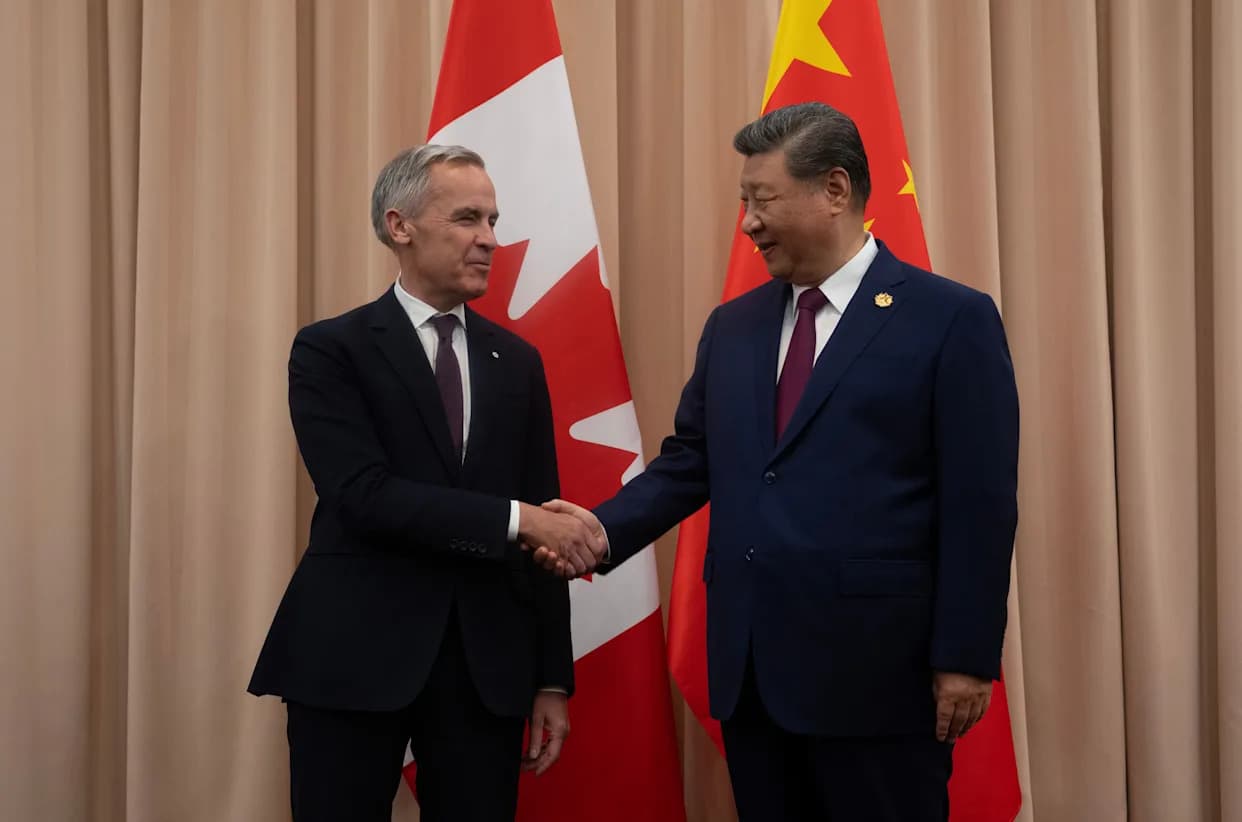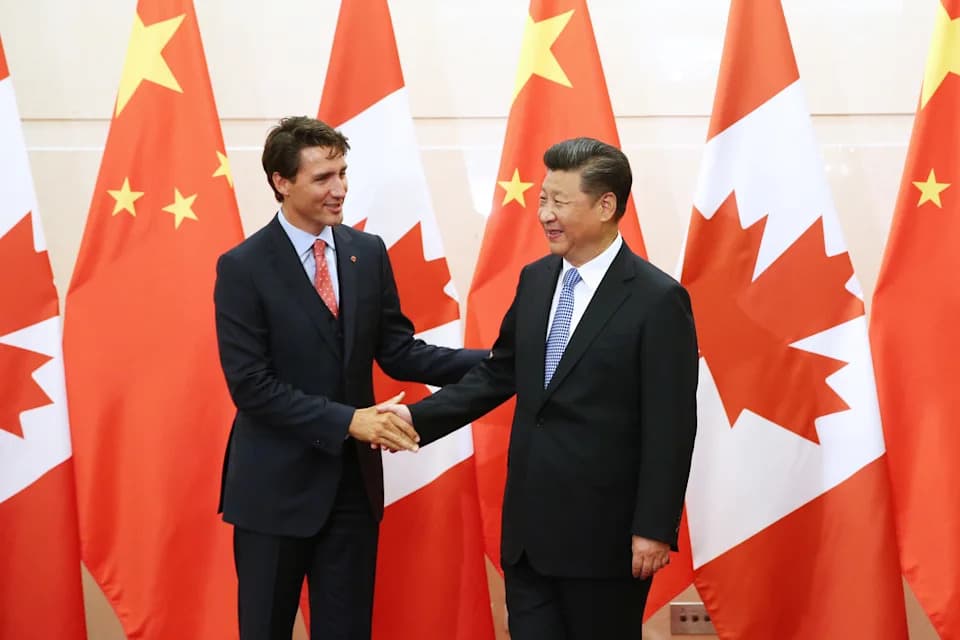Parliament voted 170-168 to approve Prime Minister Mark Carney's budget, narrowly averting a snap election for his minority Liberal government. A handful of opposition MPs—including Green MP Elizabeth May and several abstaining Conservatives and NDP members—allowed the fiscal plan to pass. The budget nearly doubles the deficit to Can$78.3 billion and prioritizes infrastructure and military spending to counter losses Carney attributes to U.S. tariffs, which he estimates may shave about 1.8% off Canada’s GDP.
Carney's Liberals Pass Budget 170-168, Avert Snap Election as U.S. Tariffs Bite

Canada's parliament narrowly approved Prime Minister Mark Carney's budget on Monday, passing the fiscal plan 170 votes to 168 and averting a snap election that could have toppled his minority Liberal government. Carney framed the package as a "generational" investment to bolster Canada’s economic resilience amid costly U.S. tariffs and trade uncertainty.
The minority Liberals, who fell short of a majority in April, needed either support from opposition MPs or abstentions to move the budget through. A small group of opposition lawmakers—reluctant to trigger another election so soon—either voted with the government or abstained, allowing the plan to pass.
Key supporters and positions:
Green Party MP Elizabeth May voted with the government after Carney pledged in parliament that Canada would honour its commitments under the Paris Agreement. May said the Greens would "hold the government to every word of that statement." Two Conservative MPs abstained from the vote, and two New Democratic Party members also abstained—the latter decision explained by interim NDP leader Don Davies as putting the national interest ahead of forcing another election.
'Country first'
Conservative leader Pierre Poilievre denounced the plan as a "credit card budget," and the left-leaning NDP criticized it for not doing enough on unemployment, housing and rising living costs. Nevertheless, concerns about plunging the country into another campaign and confronting trade pressures from the United States led some opposition MPs to avoid voting the budget down.
"It's time to work together to deliver on this plan—to protect our communities, empower Canadians with new opportunities, and build Canada strong," Carney posted on X after the vote.
Deficit spending and policy priorities
The budget nearly doubles the federal deficit from the previous year, rising to Can$78.3 billion (about US$55.5 billion). Carney argues that aggressive deficit spending is necessary to offset the economic damage he attributes to U.S. tariff policies—he cited estimates that "U.S. tariffs and the associated uncertainty will cost Canadians around 1.8 percent of our GDP."
The package prioritizes investments in infrastructure and the military to strengthen Canada’s economic sovereignty and reduce vulnerability to external shocks. While most bilateral trade remains tariff-free under existing North American agreements, recent levies on sectors such as autos, aluminum and steel have had a tangible impact on Canadian industries, the government says.
Opinion polling ahead of the vote suggested most Canadians did not want another election so soon after April's ballot; a Leger survey from November found only one in five respondents wanted an immediate or imminent election, and roughly half said they were satisfied with Carney's leadership.
What happens next: With the budget approved, the government can begin implementing its planned spending on infrastructure and defence. Political attention will now turn to whether the Liberals can sustain fragile support in parliament and deliver on the economic objectives outlined in the budget.
Help us improve.


































